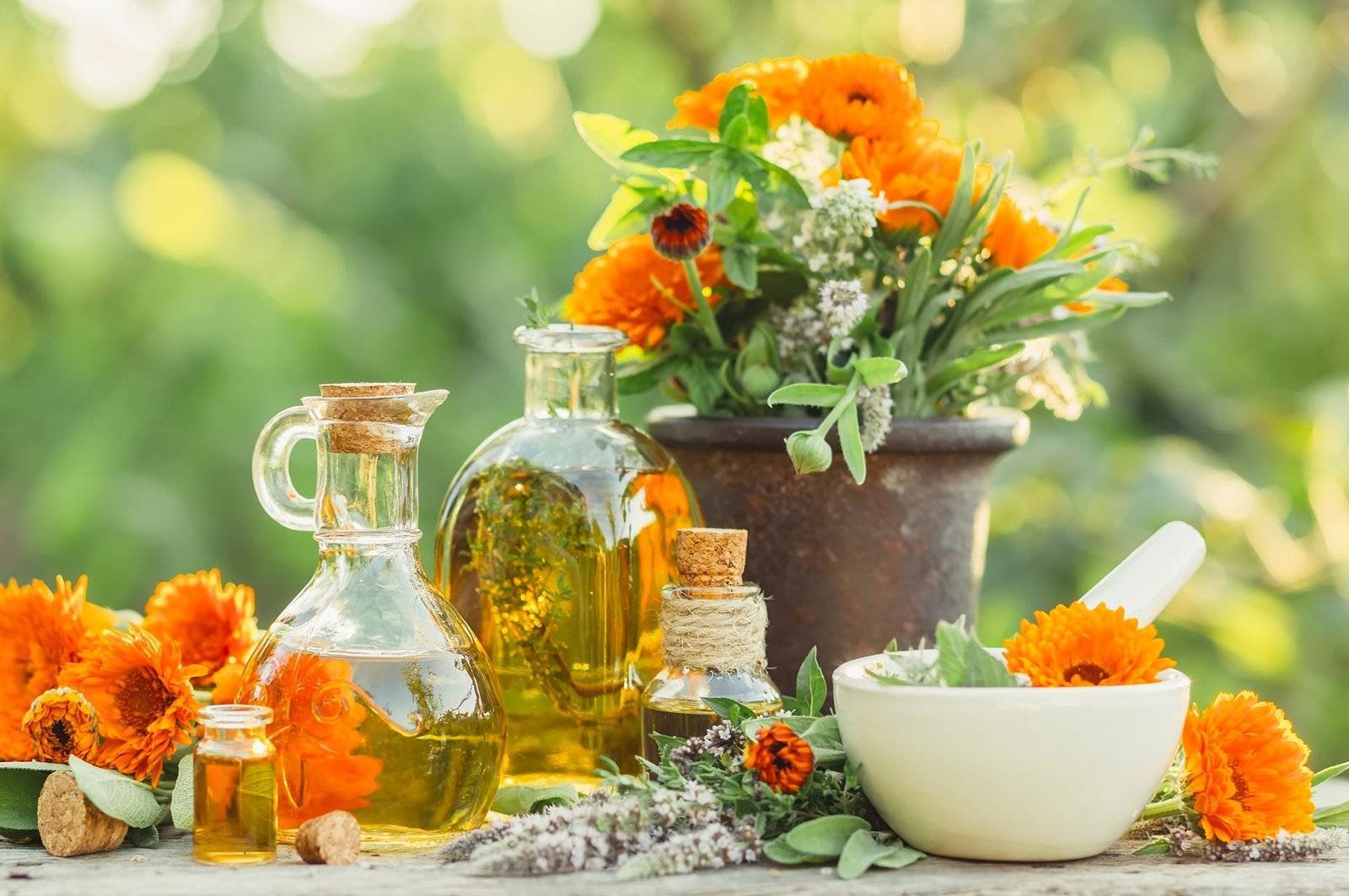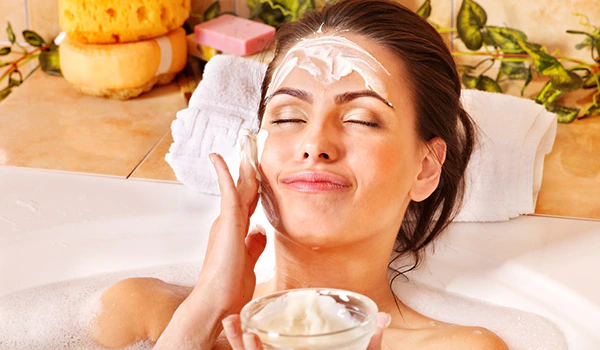Skin care is not a topic of recent times; it has been in practice since ancient times, when herbal skin care was probably the only way to take care of skin. However, skin care has transformed in a big way. Herbal skin care routines have been replaced by synthetic/chemical-based skin care routines. The herbal skin care recipes which once used to be common place are not so popular today (and even unknown to a large population). This transformation from herbal skin care to synthetic, can probably be attributed to two things – our laziness (or just the fast pace of lives) and the commercialization of skin care. These commercial herbal skin care products have to be mixed with preservatives in order to increase their shelf-life, hence making them less effective than the fresh ones made at home. However, it seems that things are changing fast and more people are now opting for natural and herbal skin care routines. But still, none want to make them at home and hence the commercial market of herbal skin care products is on the rise. Herbal skincare products are made with natural ingredients that are gentle on the skin and are less likely to cause breakouts and other skin irritations. Regular skincare products, on the other hand, are chemical-laden. They may lead to wrinkles, spots, or skin damage.
So what are these herbs or herbal skin care mechanisms?
Aloe vera, which is an extract from Aloe plant, is one of the best examples of herbal skin care product. Freshly extracted aloe vera is a natural hydrant that helps in soothing skin. It also helps in healing cuts and treating sun burns.
A number of herbs are known to possess cleansing properties. Dandelion, chamomile, lime flowers and rosemary herbs, are a few examples of such cleansers. Their herbal skin care properties get invoked when they are combined with other herbs like tea.
Antiseptics are another important part of Herbal skin care. Lavender, marigold, thyme and fennel are good examples of herbs that are known to possess antiseptic properties. Lavender water and rose water also form good toners.
Tea plays an important part in herbal skin care. Tea extracts are used for treatment of skin that has been damaged by UV radiation.
Oils prepared from herbal extracts present another means of herbal skin care. Tea tree oil, Lavender oil, borage oil and primrose oil are some popular oils used in herbal skin care. Some fruit oils (e.g. extracts from fruits like banana, apple and melon) find use in shower gels (as a hydrating mix)
Homeopathic treatments and aromatherapies also come under the umbrella of herbal skin care remedies.
Herbal skin care is good not only for the routine nourishing of skin but also for treatment of skin disorders like eczema and psorasis. Most herbal skin care products don’t have any side effects (the most important reason for preferring them over synthetic products) Moreover, herbal skin care products can be easily made at home, hence making them even more attractive. So, herbal skin care is the way to go. However, this does not mean that you totally discard the synthetic products. Some people go to the extent of debating with their dermatologist, if he/she suggests a synthetic product. You should accept the fact that some skin orders might need usage of clinically proven non-herbal skin care products.
What are the benefits of herbal skin care products?
- Natural Products. As the name suggests that herbal cosmetics are natural.
- Safe And Effective To Use. In comparison with other beauty products flooded in the market, natural cosmetics are safest to use and effective as well.
- Suitable For All Skin Types.
- Not Tested On Animals.
- No Side Effects.
- Wide Selection.
- Budget-Friendly.
What is the difference between natural ,herbal and organic products?
The difference between organic and herbal products is that organic products are made from natural ingredients available in their purest form, whereas herbal products are made using naturally-derived ingredients grown with the help of pesticides and fertilizers but are free from chemicals .The term natural itself explicates its origin, as natural products are those products which are derived from the nature either from the plants or minerals. So this shows that naturals products can be the outcomes of plant and minerals both, while organic and herbal products are only derived from plants. They are free from all the harmful synthetic chemicals which are proven to be toxic for the skin of a person. Different parts of the plant and plant extracts are used in herbal products. They also consist of natural nutrients like Vitamins and minerals that keep skin healthy, glowing and lustrous.
Suger and Smile Vitamin c serum +1%niacinamide
- It’s safe for most skin types. Vitamin C has an excellent safety profile .
- It’s hydrating.
- It’s brightening.
- It helps reduce redness and even out your skin tone.
- It helps fade hyperpigmentation.
- It reduces the appearance of under-eye circles.
- It promotes collagen production.
- It may help prevent skin sagging.
Suger And Smile anti acne face gel
- Clarifies skin.
- Repairs acne & scars.
- Reduces excess oil production.
- Clears clogged pores of impurities, oil & dust.
*Moisturizers improves skin hydration and increases stratum corneum water content by directly providing water to the skin from their water phase and increasing occlusion to reduce trans-epidermal water loss, it also covers small skin fissures, provides a soothing protective film and protects skin from friction. *Glycolic Acid is effectively removing the outermost layer of dead cells from the complexion, revealing brighter, fresher skin. *Improve skin tone & texture.*It fights off free radicals and protects the skin from damage. *reducing facial blemishes and enhancing the healing process of skin wounds.
“Your skincare routine is a bank account. Invest wisely.”
suger and smile







